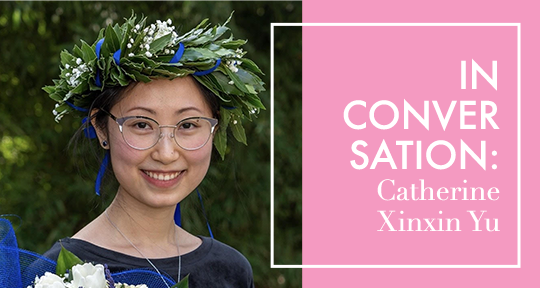This week, our editors take us through Central America, France, and China to explore the reaches of literature, from a transcendent event honouring the poems of Robert Bolaño, to the new World Book Capital in France, and works featuring vital new voices from the Chinese language. Read on to find out more!
Rubén López, Editor-at-Large, reporting from Central America
When I entered the room, it looked like a coven: a group of people gathered around an edition of Roberto Bolaño’s Complete Poetry. Each member of the group would take turns to step into the centre, leaf through the text for a moment, and then recite one of the Chilean author’s poems at random, like a poetic Russian roulette. As I took my seat, one of the young men was reading the final verses of “The Romantic Dogs”. I had arrived at the event without much certainty about what it would be like; the poster from Perjura Proyecto, a cultural and artistic dissemination space, only said “The Poetry Came” and had a sketch of Bolaño’s silhouette. And, of course, it also mentioned the date and time—May 23, 17:00.
When it was my turn, I decided I wanted to read “Godzilla in Mexico”, my favorite poem by Bolaño. I clumsily flipped through the text while trying to make conversation with the rest of the participants, but I couldn’t find it. I apologised to the group because I would break the Russian roulette and put the bullet in the centre; I searched for it on my phone. As I recited “Yo leía en la habitación de al lado cuando supe que íbamos a morir”, I was overcome with a deep tenderness. I saw us, in the midst of a vertiginous and infamous city—a group of no more than ten people gathered to read Bolaño’s poems to each other. I thought about the infinite forms of cultural resistance in which we exist, all self-managed, all on the margins, all filled with beauty. READ MORE…


